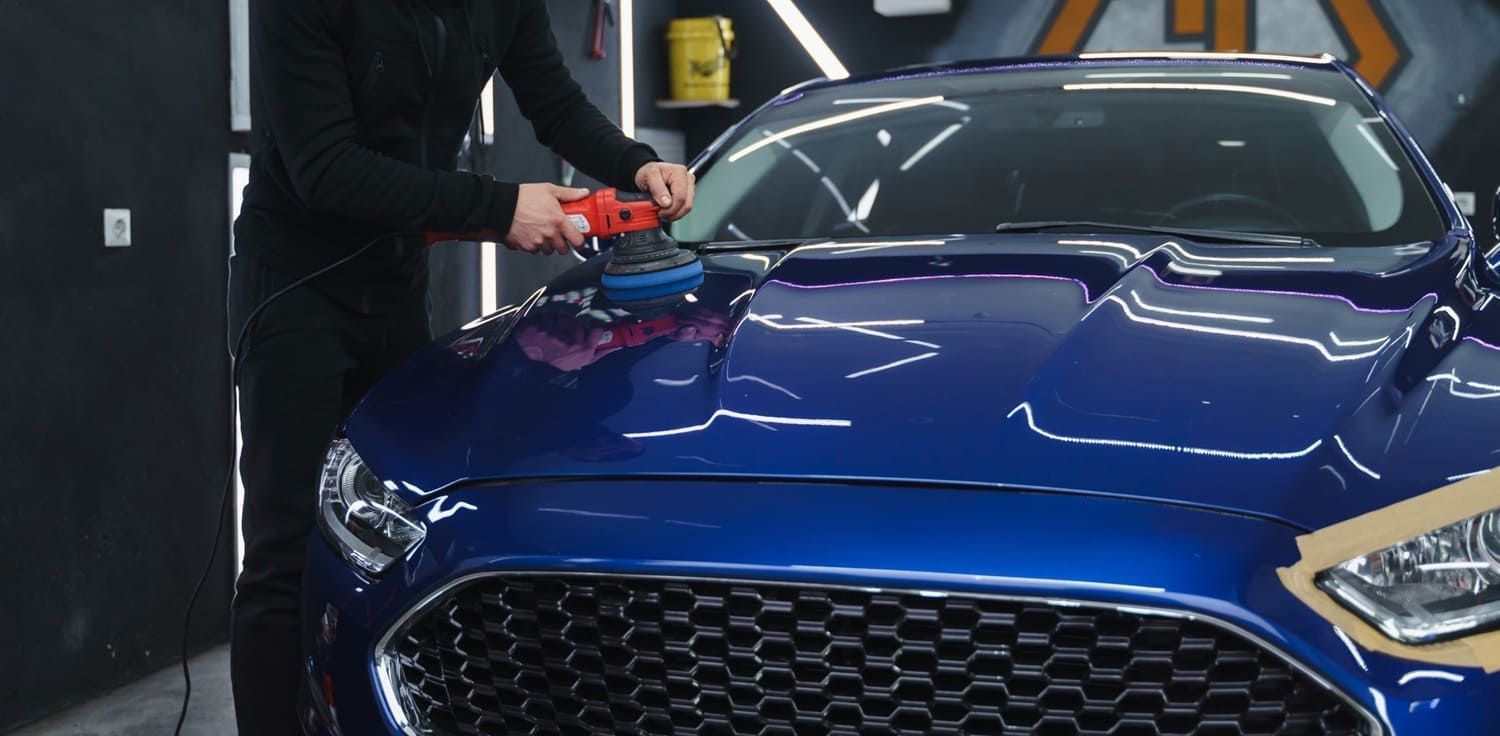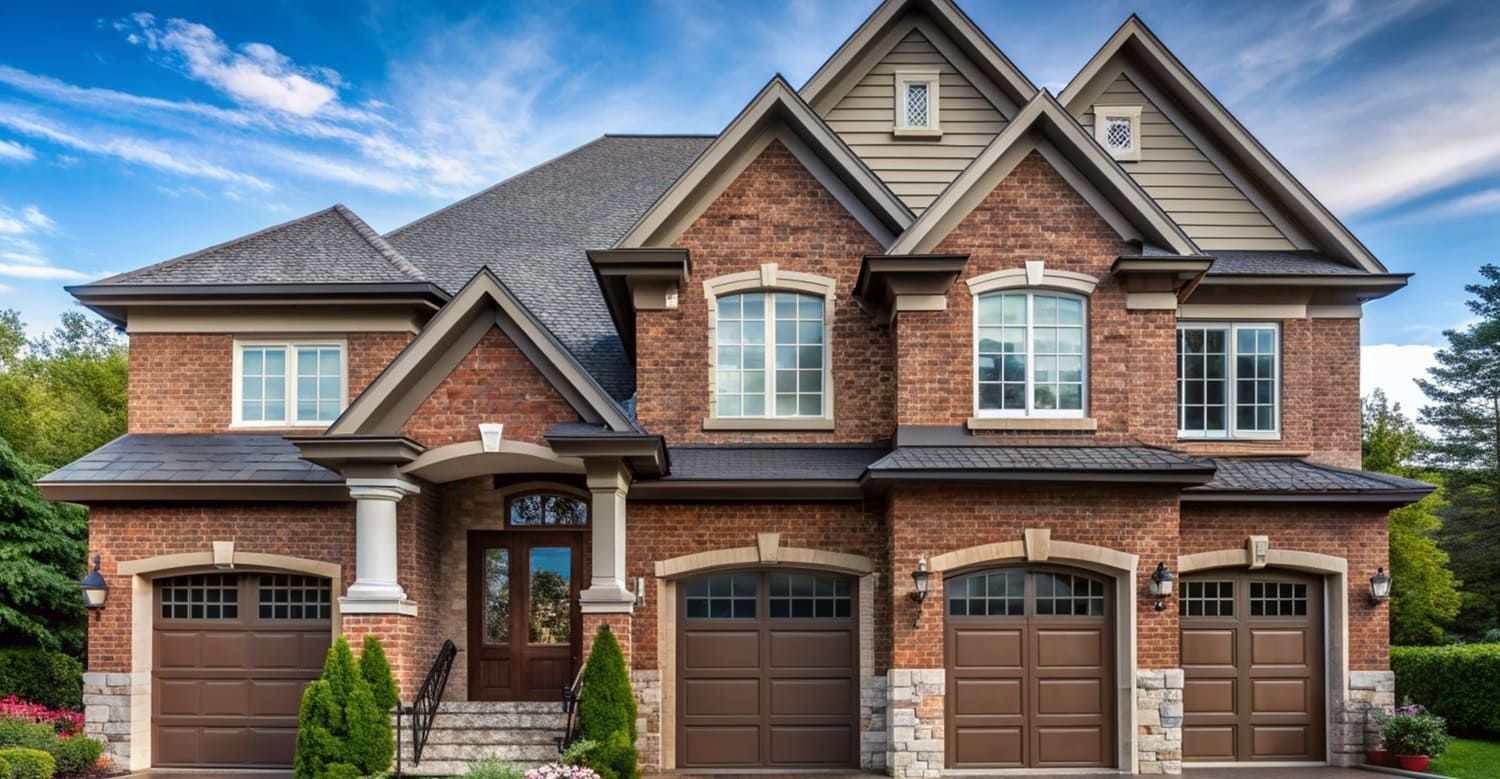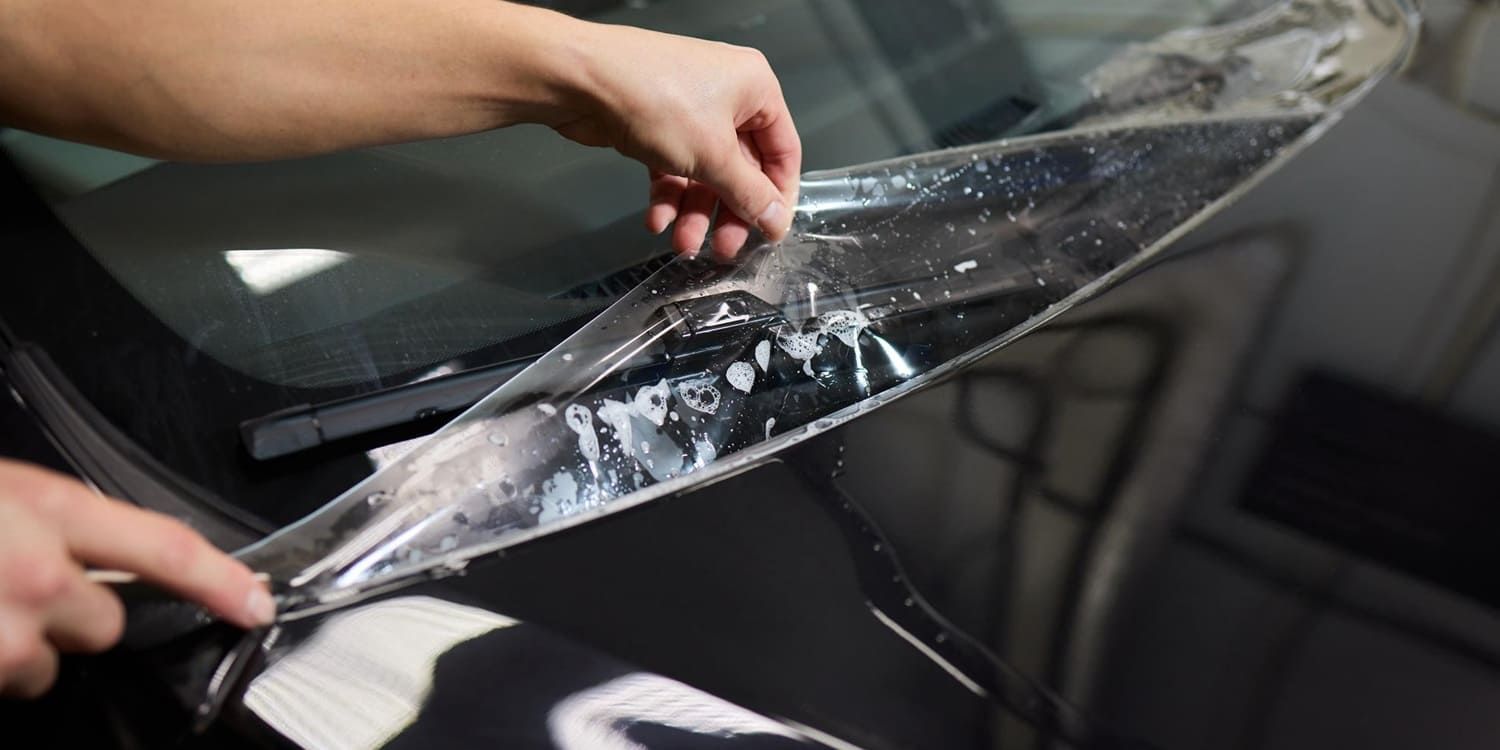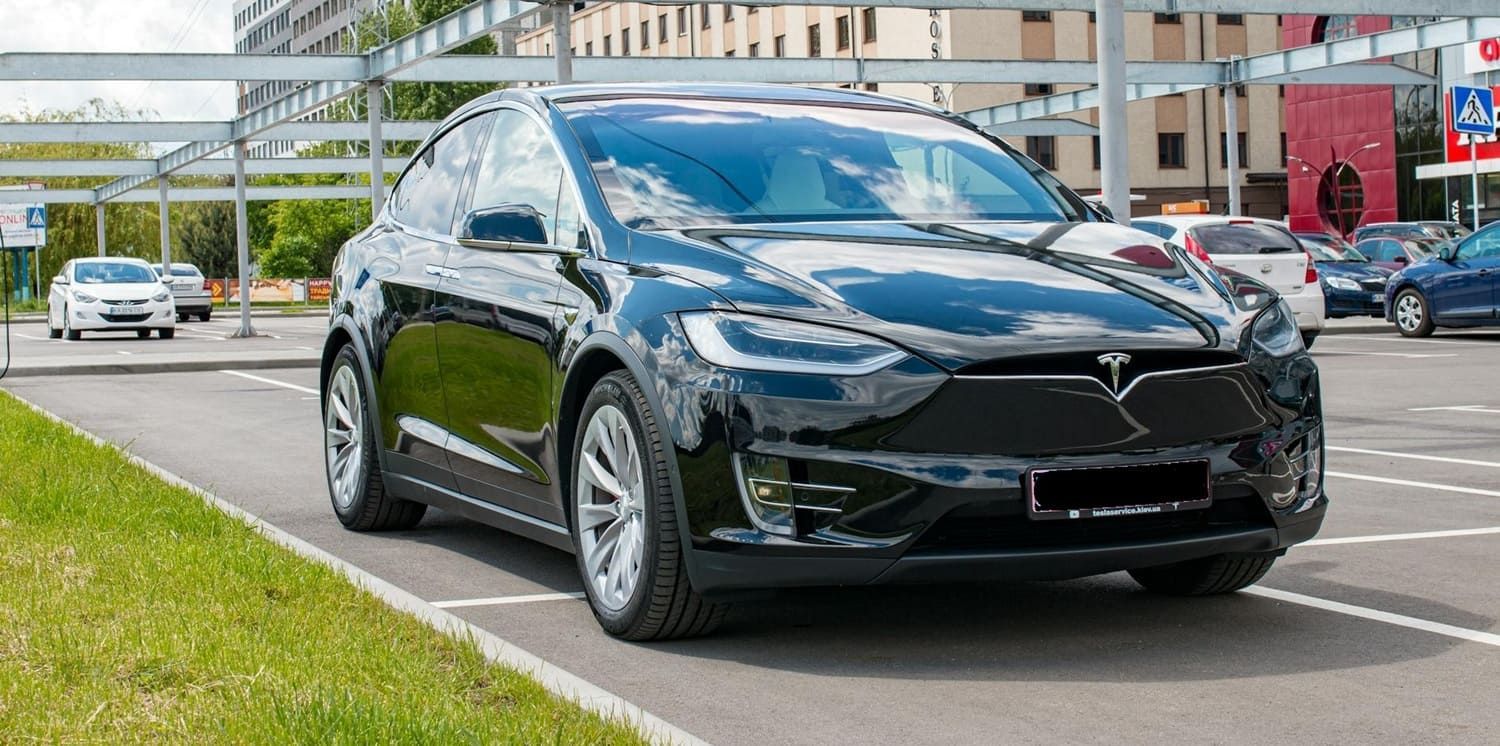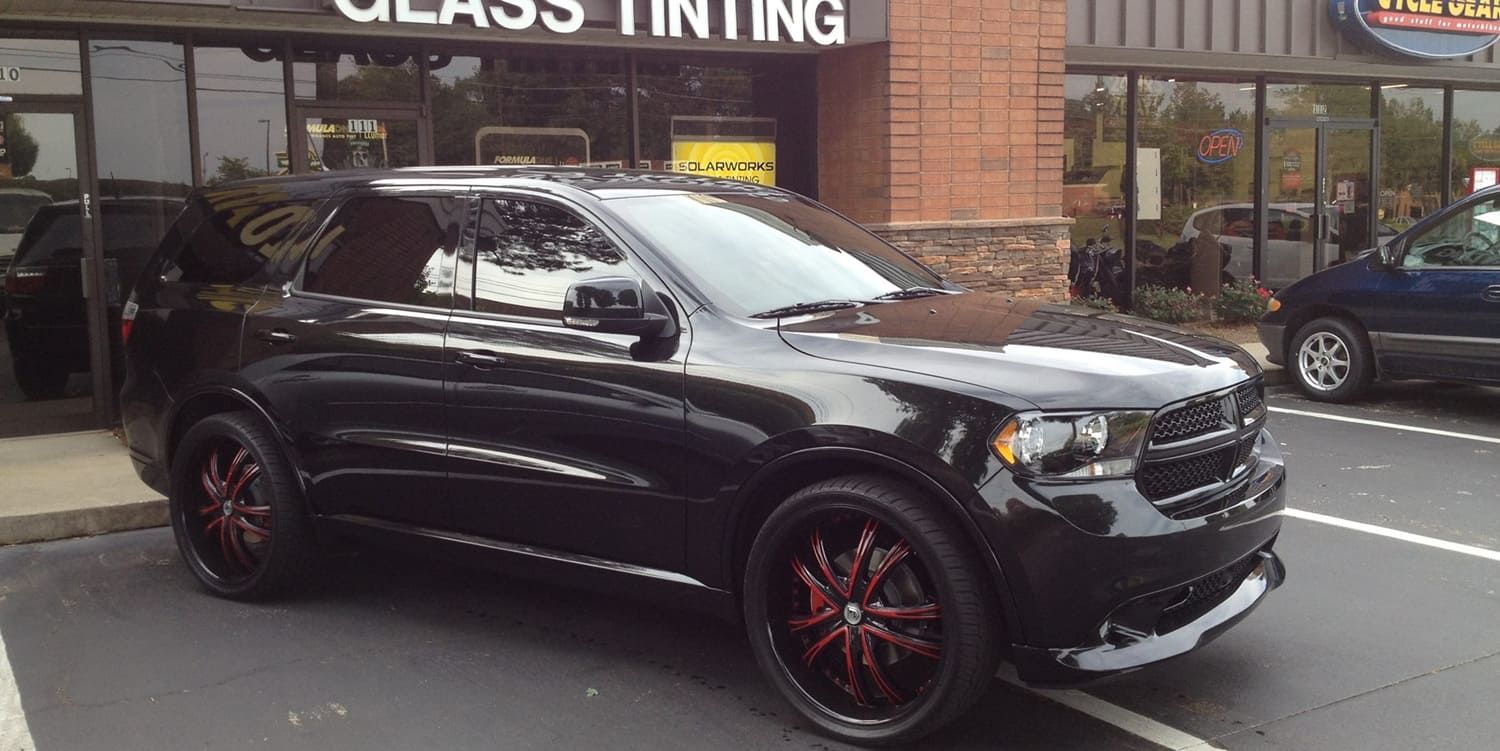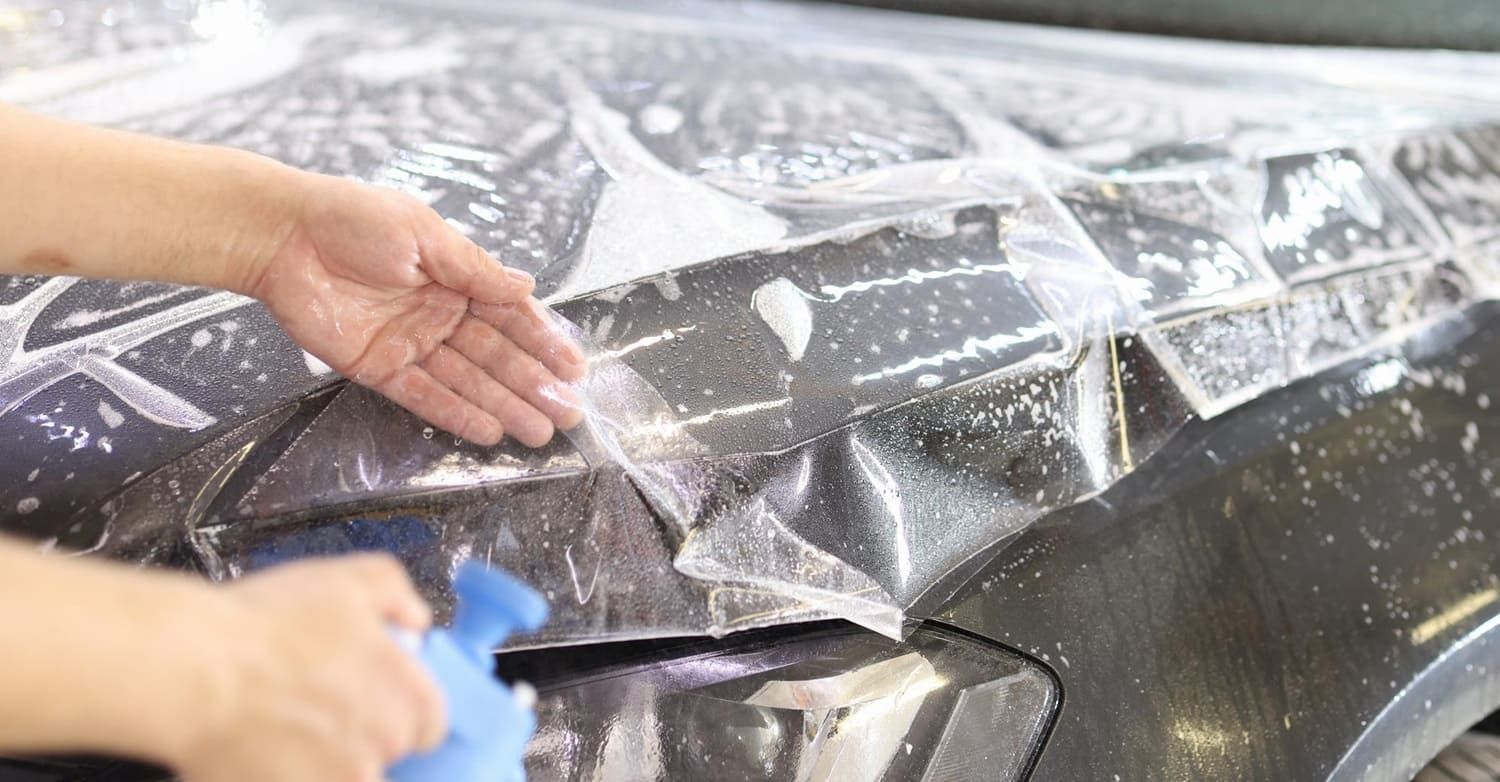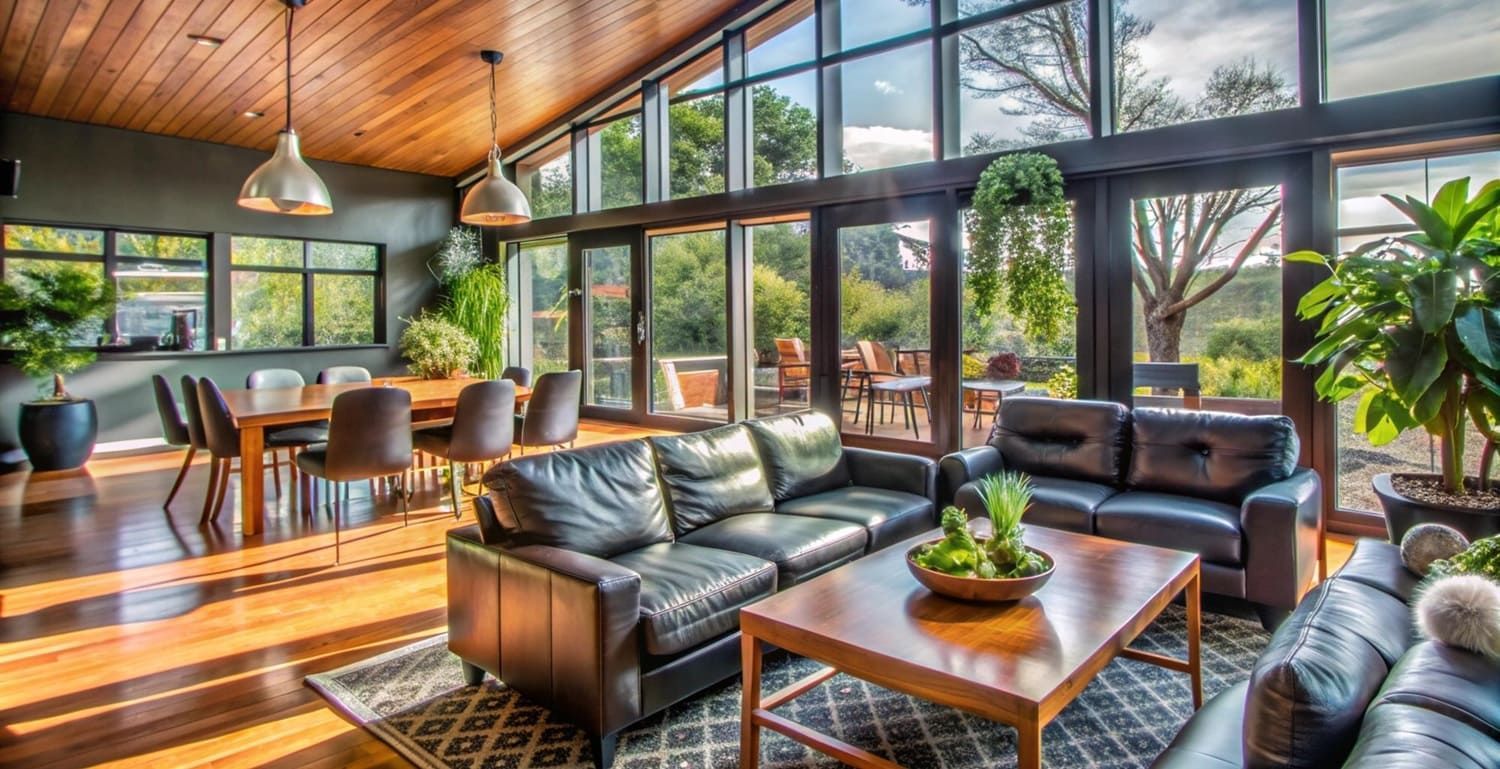Too Much Sun Exposure: Tint Home Windows or Get Shades?
Solarworks Tint Blogger • November 4, 2019
Sunlight is wonderful. If only it didn't cause extra heat or glare, though. Can window-tinting help with this? Read this article and find out more.

You need sunlight
to stay healthy... but you don't always need it inside your home.
Keeping it out can be a challenge, though. Should you simply close the shades or install window tinting?
Well, it depends. We've put together this guide to help you learn when you should and shouldn't tint home windows.
So let's get started!
When to Skip the Window Tinting
In the battle of window tint vs shades, tinting your windows is almost always the better choice. But there are times when you might not be able to tint your home's windows.
If you fit into any of the following circumstances, you should stick with shades instead.
You Have a Tight Budget
You might not be able to afford window tint if you're working with a tight budget.
And we're talking about TIGHT.
Many types of basic shades are cheaper than paying for window tinting services. DIYing might save you a bit of money, but we don't recommend it. The job is a tricky one and can leave your windows covered in bubbles and creases if you aren't careful.
But this isn't to say window tint is expensive. If you want to buy anything other than basic window treatments, window tint might be the more affordable choice.
However, if you don't have a lot of wiggle room, you might need to buy shades instead.
Your Windows Are Still Covered By a Warranty
If you still have a warranty for your windows, you might want to hold off on the window tinting. You might void your warranty by tinting your home's windows.
So make sure you talk to your manufacturer.
Depending on your circumstances, your warranty might not be affected by window tint. But if it is, you should wait until the warranty has expired to tint your windows.
You Have the Wrong Type of Glass
Some types of window tinting don't mix well with some types of window glass.
For example, each type of window tinting absorbs a certain amount of heat—some more than others. This can heat up your window glass, which can cause damage if it isn't suited to handle the extra heat.
Most of the time, this won't be a problem.
However, you should check with your manufacturer before you install any window tinting. They'll be able to tell you if your glass can handle the extra stress.
You Rent Your Home
Obviously, you should stay away from window tinting if you don't actually own your windows.
But you may be able to find renter-friendly tinting options. Some tinting companies have temporary tinting options that you can remove from the glass when you move out.
However, there may be some residue left over. You might want to talk to your landlord before you install any type of window tinting, permanent or temporary.
When Window Tinting Is Better Than Window Shades
If you aren't renting your home and your windows don't have a warranty still, window tinting is a much better option than shades.
Why?
They can provide all kinds of benefits. We've put a quick list together of some of the most important. Here are a few times window tinting can help you.
You Spend a Lot of Money on Your Energy Bill
Window tinting, especially solar tenting, keeps the heat of the sun out of your house.
In other words, you don't have to run the air conditioner as often as you normally would. This means you'll save money on your energy bill.
Even during the winter, window tinting acts as another layer of insulation. It prevents the warm inside air from seeping back outside, meaning you won't have to keep the heater going.
Window tinting helps control the temperature inside your home, so along with saving money, you'll also be more comfortable.
You Want More Privacy
Blinds would be a better option for people who want privacy, right? No one can see inside when they're closed.
This is true. But if the blinds are closed, you also can't see outside either. Window tinting makes your windows darker. In other words, the neighbors won't be able to peer inside your home, but you can still let the light in and enjoy the scenery.
You Want More Security
Security film
is thicker than most types of window tinting. While it doesn't reflect as much heat away from your home, it does make your windows stronger.
If a burglar tries to break in by smashing the window, the security film will prevent the glass from shattering. In other words, the burglar will have a hard time getting into your home.
Security film is also a good option for people who live in areas that get a lot of storms. This window film can protect your windows from breaks, cracks, and other types of storm damage.
You Want to Change the Appearance of Your Glass
You can also install decorative window film. This type of film reflects the least amount of heat, but it can change the appearance of your window.
Wish you had frosted glass in your windows? Decorative film lets you get a frosted effect without spending a fortune on replacing your glass.
But frosted glass is just one of the options. You can use decorative window film to make your glass look however you want.
Should You Tint Home Windows or Buy Shades Instead?
There is no one-size-fits-all answer to this question. It depends on your budget and your circumstances.
However, window tinting provides a lot more benefits
than shades, so if you had to choose between the two of them, window tinting is the better option.
Are you ready to tint your windows?
We can help! Make sure you get in touch
with us today!


